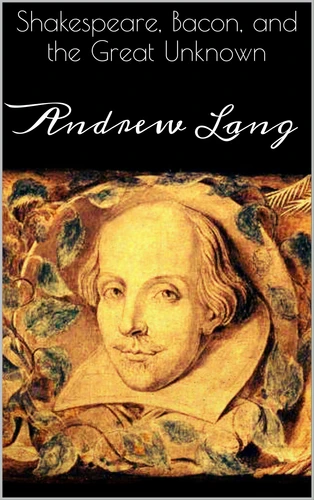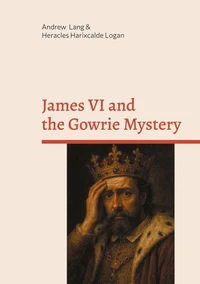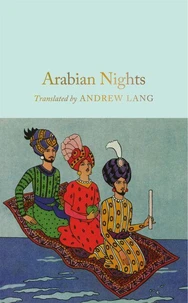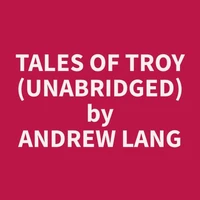Shakespeare, Bacon, and the Great Unknown
Par :Formats :
Disponible dans votre compte client Decitre ou Furet du Nord dès validation de votre commande. Le format ePub est :
- Compatible avec une lecture sur My Vivlio (smartphone, tablette, ordinateur)
- Compatible avec une lecture sur liseuses Vivlio
- Pour les liseuses autres que Vivlio, vous devez utiliser le logiciel Adobe Digital Edition. Non compatible avec la lecture sur les liseuses Kindle, Remarkable et Sony
 , qui est-ce ?
, qui est-ce ?Notre partenaire de plateforme de lecture numérique où vous retrouverez l'ensemble de vos ebooks gratuitement
Pour en savoir plus sur nos ebooks, consultez notre aide en ligne ici
- Nombre de pages266
- FormatePub
- ISBN978-3-7494-5117-3
- EAN9783749451173
- Date de parution09/04/2019
- Protection num.Digital Watermarking
- Taille1 Mo
- Infos supplémentairesepub
- ÉditeurA PRECISER
Résumé
The theory that Francis Bacon was, in the main, the author of "Shakespeare's plays, " has now been for fifty years before the learned world. Its advocates have met with less support than they had reason to expect. Their methods, their logic, and their hypotheses closely resemble those applied by many British and foreign scholars to Homer; and by critics of the very Highest School to Holy Writ. Yet the Baconian theory is universally rejected in England by the professors and historians of English literature; and generally by students who have no profession save that of Letters.
The Baconians, however, do not lack the countenance and assistance of highly distinguished persons, whose names are famous where those of mere men of letters are unknown; and in circles where the title of "Professor" is not duly respected.
The Baconians, however, do not lack the countenance and assistance of highly distinguished persons, whose names are famous where those of mere men of letters are unknown; and in circles where the title of "Professor" is not duly respected.
The theory that Francis Bacon was, in the main, the author of "Shakespeare's plays, " has now been for fifty years before the learned world. Its advocates have met with less support than they had reason to expect. Their methods, their logic, and their hypotheses closely resemble those applied by many British and foreign scholars to Homer; and by critics of the very Highest School to Holy Writ. Yet the Baconian theory is universally rejected in England by the professors and historians of English literature; and generally by students who have no profession save that of Letters.
The Baconians, however, do not lack the countenance and assistance of highly distinguished persons, whose names are famous where those of mere men of letters are unknown; and in circles where the title of "Professor" is not duly respected.
The Baconians, however, do not lack the countenance and assistance of highly distinguished persons, whose names are famous where those of mere men of letters are unknown; and in circles where the title of "Professor" is not duly respected.





















